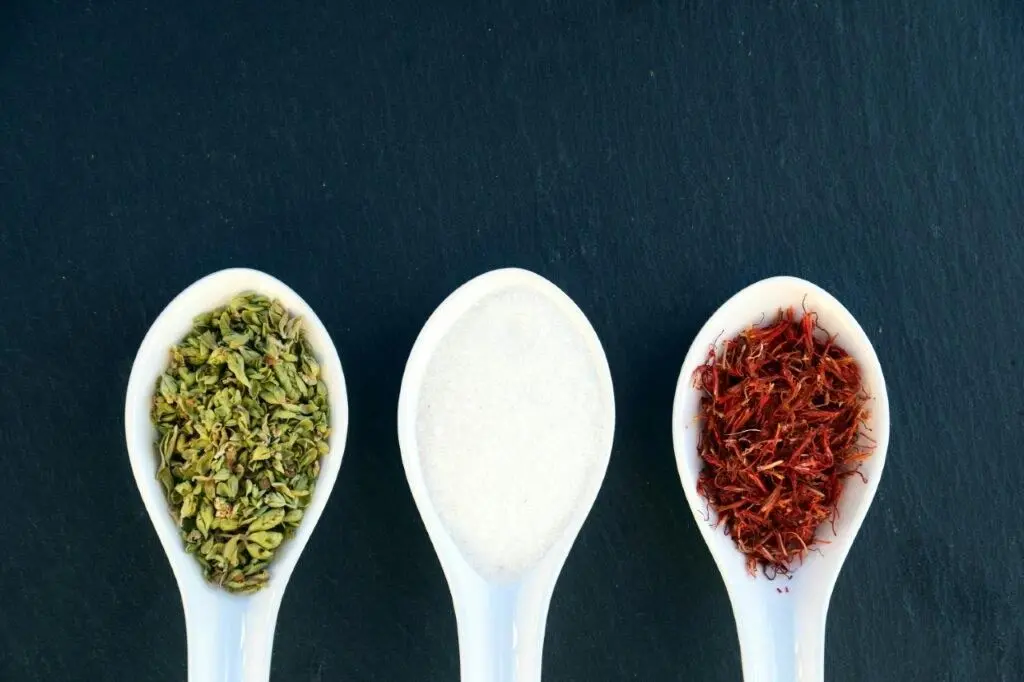There is currently no statutory definition of botanicals. The term is generally used to refer to plant-based substances such as crushed plant parts, or preparations made by pressing, distilling, macerating or extracting plants and their components. Most people know the term from the world of gin: in addition to the mandatory juniper berries, many different flavour-giving botanicals are used in gin today.
Botanicals are also used in food supplements and are frequently promoted, as consumers tend to associate positive effects with these plant-based ingredients. In the case at issue, a German company had included botanicals in its supplements and advertised them on the basis of its own studies, for example with the following claims:
“Mood-enhancing saffron extract.
The saffron extract … was tested on 50 participants over a 30-day period in an open study. With a daily dose of 30 …, 77% of subjects experienced an improvement in emotional balance after just two weeks, feeling more optimistic and happier. 66% also felt more relaxed and energetic. After 30 days, sleep quality improved in 11% of participants.”
“Melon juice extract with superoxide dismutase activity has been shown in studies to reduce stress and fatigue after four weeks. Irritability and exhaustion decreased by 63%, leading to a marked improvement in quality of life.”
A trade association brought an action before the Regional Court (LG) of Hamburg seeking an injunction against this advertising, relying on the Health Claims Regulation (HCVO). The regulation sets out the conditions under which nutritional or health-related claims may be made for food products. The Hamburg court upheld the claim. The manufacturer appealed to the Higher Regional Court (OLG) of Hamburg, which dismissed the appeal, after which the case went on to the Federal Court of Justice (BGH).
The Federal Court of Justice was uncertain how the HCVO should be interpreted in the decisive point under European law and referred the question to the CJEU for a preliminary ruling (Order of 1 June 2023, I ZR 109/22). In such a procedure, the CJEU determines how EU provisions are to be interpreted and national courts must then follow this guidance.
In its decision, the CJEU held that Article 10(1) HCVO is based on a general prohibition of health-related advertising, meaning that such advertising for food products is, in principle, unlawful. The regulation provides only for narrowly defined exceptions. Where no such exception applies, the prohibition stands.
Health-related claims may only be used if they have been authorised by the European Commission and included in the official list of permitted health claims. The Commission examines proposed claims and either approves or rejects them. It does not matter whether a company considers it can prove its claims by its own studies, as was the case here. What counts are only the Commission’s findings. The system of examination and prior authorisation is intended to ensure that health claims are scientifically validated and to protect consumers accordingly.
For plant-based substances, however, the Commission has suspended its assessment of health claims. Botanicals have therefore not yet been included in the list of authorised claims.
As a result, under the CJEU’s ruling, health-related claims for botanicals may not currently be used in advertising for food products – including food supplements.
For completeness, it should be noted that there are narrow exceptions under the transitional provisions of the HCVO. These, however, require that a relevant application was already submitted before 19 January 2008. That was not the case in the matter before the CJEU.

